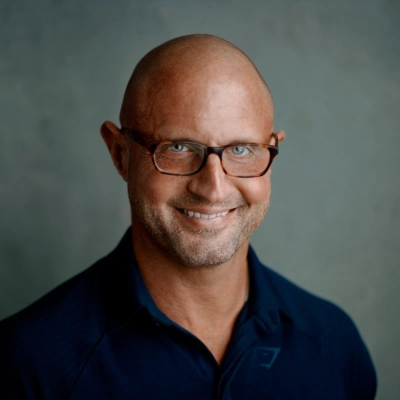4 Common Misconceptions About Brain Function and How to Address Them
Recent research by neuroscience experts challenges several widely-held beliefs about how our brains actually work. This article examines four fundamental misconceptions about brain function, from the nature of emotions to the brain's lifelong capacity for change. Understanding these scientific realities can help anyone better support their mental and physical health through evidence-based approaches.
Emotions Reflect Brain Activity, Not Weakness
A common misconception in therapy is the belief that emotions and thoughts are entirely separate from brain function, as though feelings are purely "psychological" and not rooted in neurobiology. Many patients and families assume that emotional reactions are simply a matter of willpower or personal weakness, rather than complex interactions between brain regions such as the amygdala, prefrontal cortex, and hippocampus. This misunderstanding can lead to shame, frustration, and a tendency to blame oneself (or others) for not being able to "turn off" anxiety, fear, or mood swings. This is addressed by helping patients understand how emotional and cognitive experiences are direct reflections of brain activity. For example, explaining that the amygdala can trigger rapid fear responses before the rational brain fully engages helps people make sense of why strong emotions can feel involuntary. Teaching how therapy techniques like grounding, breathing, and cognitive reframing actually influence neural circuits gives patients a sense of agency, not guilt. When individuals understand that their emotional states are biological processes, not moral failings, they're more likely to approach their healing with self-compassion and patience, and to engage more actively in strategies that can retrain these neural pathways over time.

Brain Functions Like an Orchestra, Not 10%
One common misconception I often encounter about brain health is the idea that we only use 10% of our brain. In reality, brain imaging studies show that almost all regions of our brain are active at different times. Brain activation depends on what we're doing, thinking, or feeling. I address this with patients and their families by explaining that our brains function like an orchestra, where not every section plays at once and each section contributes when needed to create harmony. This analogy helps people appreciate how dynamic and efficient the brain truly is. This analogy can also help shift thinking from unlocking unused potential or percentage of the brain to optimizing how we can care for and engage our brains for the best use every day.

Adult Brains Remain Adaptable Through Neuroplasticity
One common misconception is the belief that the brain is fixed after a certain age and that meaningful cognitive improvement isn't possible in adulthood. Many patients and families assume that once memory or processing speed starts to decline, little can be done to support or strengthen brain function. This misunderstanding can lead to hopelessness, disengagement, and missed opportunities for meaningful interventions that could help maintain or even improve cognitive health. To address this, explain neuroplasticity in clear, practical terms and that the brain remains adaptable throughout life, capable of forming new connections and compensating for losses, especially when stimulated in the right ways. Certain activities such as cognitive exercises, physical activity, social engagement, and proper sleep can meaningfully influence how the brain functions over time. Reframing the conversation from "decline is inevitable" to "the brain can be trained and supported" often helps patients feel more empowered. Additionally, offering concrete examples, like stroke recovery progress or improvements through memory training, helps make the concept real and hopeful rather than abstract.

Mental Health Connects to Physical Body Systems
There are a lot of easy answers people reach for when it comes to mental health, but one of the biggest misconceptions is...
One of the biggest misconceptions I see is that mental health is separate from physical health. Many clients come to me after trying everything, only to discover it's not "in their head" at all—it's in their body. I've seen anxiety and depression trace back to toxicity, inflammation, and nutrient deficiencies that disrupt brain function. My framework connects brain health to the whole system—metabolic, environmental, and neurological—so people can finally see how the mind and body work as one.


